What is the Application of Hybrid Solar Inverter?
Mar 12, 2024
In today's rapidly evolving energy landscape, the integration of renewable energy sources is becoming increasingly prevalent. Among the key components driving this transition are hybrid solar inverters. These innovative devices play a crucial role in optimizing energy efficiency, enhancing grid stability, and enabling seamless integration of solar power into various applications. Let's delve into the applications of hybrid solar inverters, focusing on prominent models such as the 3.2KW Off-Grid Hybrid Solar Inverter, Wifi-Communicated Hybrid Solar Inverter, and the 10.2kW hybrid solar inverter.
Energy Independence with Off-Grid Solar Systems:
Hybrid solar inverters, like the 3.2KW Off-Grid Hybrid Solar Inverter, are revolutionizing residential energy systems by offering off-grid capabilities. In areas with unreliable grid infrastructure or where homeowners seek independence from utility providers, these inverters allow households to generate, store, and utilize solar energy autonomously. By combining solar panels with battery storage, off-grid hybrid solar inverters ensure uninterrupted power supply, even in remote locations or during grid outages.
Seamless Connectivity and Monitoring with Wifi-Communicated Inverters:
Wifi Hybrid Solar Inverter is an essential part of a photovoltaic system. These inverters enable seamless connectivity to networks, allowing users to monitor energy production, consumption, and system performance remotely. With intuitive mobile apps, homeowners can adjust settings, receive real-time alerts, and optimize energy usage conveniently from anywhere. The integration of Wi-Fi communication enhances user experience and facilitates efficient energy management.
Backup Power Solutions for Residential and Commercial Settings:
10.2kW Hybrid solar inverter, offer versatile backup power solutions for both residential and commercial applications. In grid-tied systems, these inverters ensure continuous electricity supply by seamlessly switching to battery power during grid outages. This feature is invaluable for critical loads, such as medical equipment, refrigeration, or essential appliances, where uninterrupted power is essential. Additionally, hybrid inverters enable businesses to reduce peak demand charges and participate in demand response programs, contributing to grid stability and cost savings.
Optimizing Energy Consumption in Smart Homes and Buildings:
With the rise of smart home technology, hybrid solar inverters play a crucial role in optimizing energy consumption and enhancing overall efficiency. These inverters enable intelligent energy management. Users can schedule appliance operation, prioritize energy usage based on availability or cost, and even remotely control energy-intensive loads. This level of control not only maximizes the utilization of solar energy but also reduces overall energy consumption and utility bills.
Scalable Solutions for Commercial and Industrial Installations:
Hybrid solar inverters offer scalable solutions for commercial and industrial installations of various sizes. From small businesses to large industrial facilities, these inverters provide flexibility in integrating renewable energy sources and optimizing energy usage. Whether it's reducing reliance on the grid, mitigating electricity costs, or achieving sustainability goals, hybrid inverters offer tailored solutions to meet the diverse needs of commercial and industrial sectors.
Hybrid solar inverters are versatile and indispensable components in today's energy landscape. From enabling off-grid independence to facilitating seamless connectivity and providing backup power solutions, these inverters offer a wide range of applications across commercial, industrial and ground power supply. Models such as the 3.2KW Off-Grid Hybrid Solar Inverter, Wifi-Communicated Hybrid Solar Inverter, and 10.2kW hybrid solar inverter exemplify the advancements in technology driving the transition towards a cleaner, more sustainable energy future.
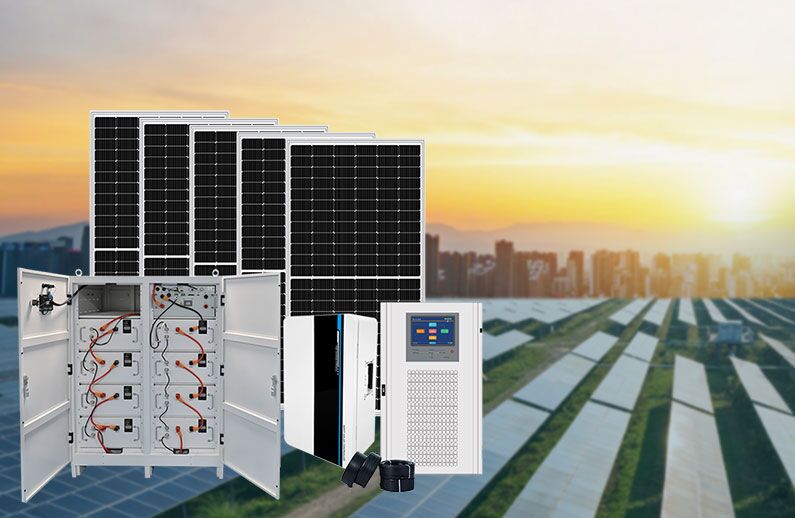
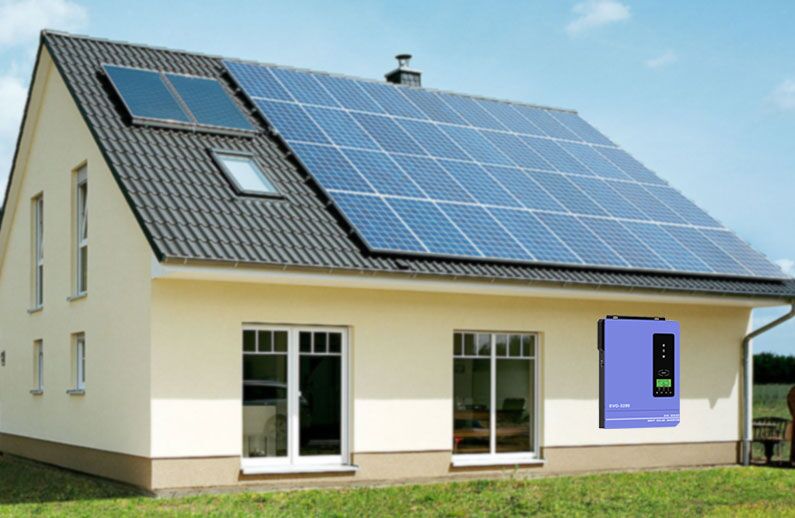
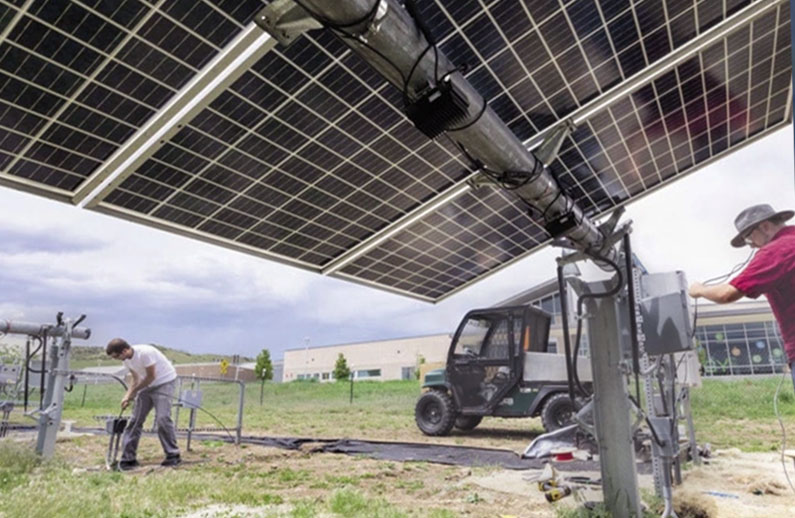
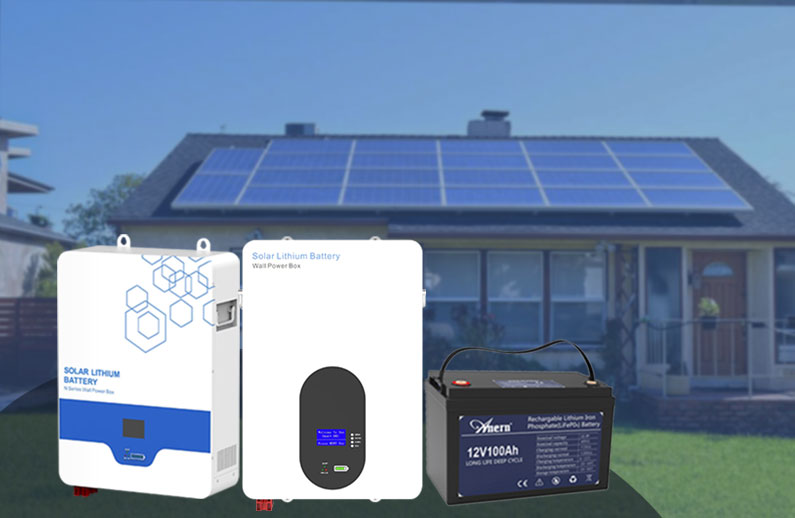
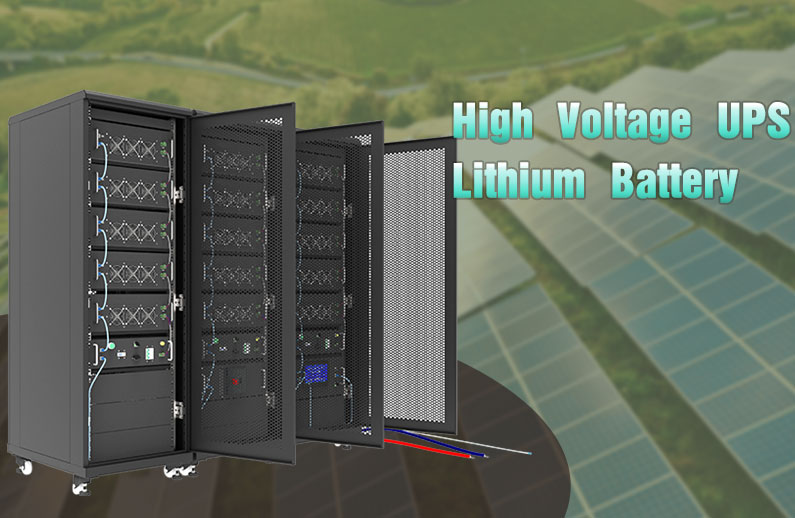
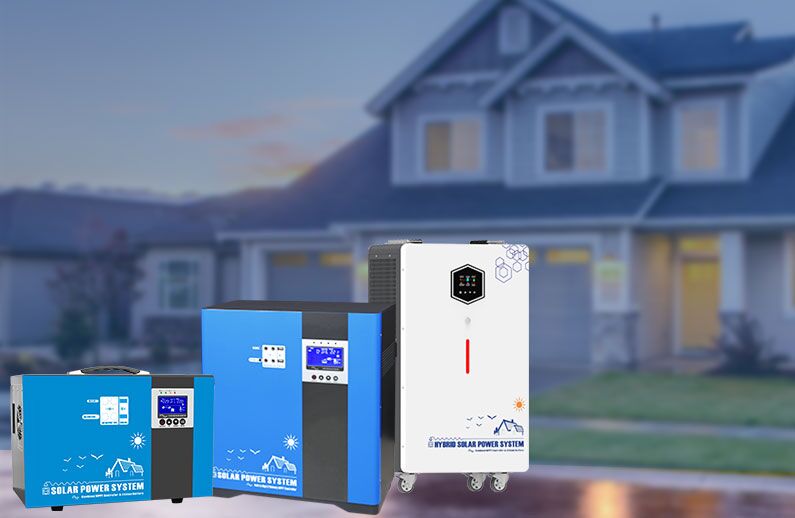
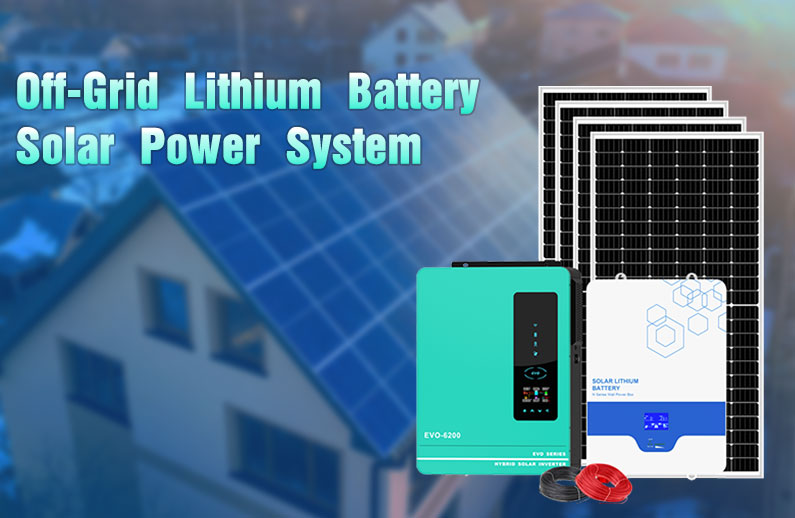
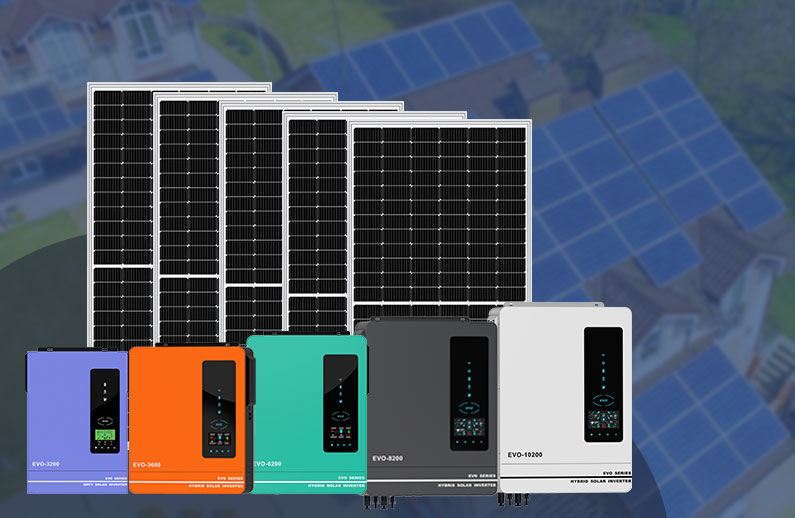

 Network Supported
Network Supported